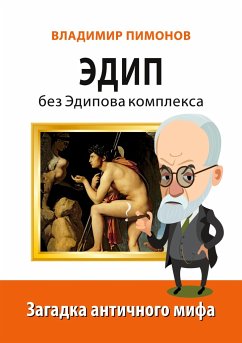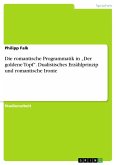Looking beyond Sophocles' Theban plays that provide the best-known depiction of the tragic story of the son who unknowingly kills his father and marries his mother, Vladimir Pimonov defines the Oedipus myth as consisting of all its recorded variants and versions. Using a linguistic and structuralist approach, the author offers a reinterpretation of many aspects of the myth based on the hidden meanings of some key words in classical texts. The author argues that the famous riddle of the Sphinx (¿What is that which has one voice and yet becomes four-footed and two-footed and three-footed?") that Oedipus solved with the answer ¿Man¿, contains a camouflaged motif of a horseman that appears frequently in the story. Besides, the riddle is described as a mathematical allegory related to number symbolism of the myth. The author alleges that the myth of Oedipus is a result of fusion of a traditional folktale and ancient numerological riddle. ¿Oedipus without the Oedipus complex¿ is an up-to-date study that will be of interest to students, scholars as well as the general reader.
Hinweis: Dieser Artikel kann nur an eine deutsche Lieferadresse ausgeliefert werden.
Hinweis: Dieser Artikel kann nur an eine deutsche Lieferadresse ausgeliefert werden.








